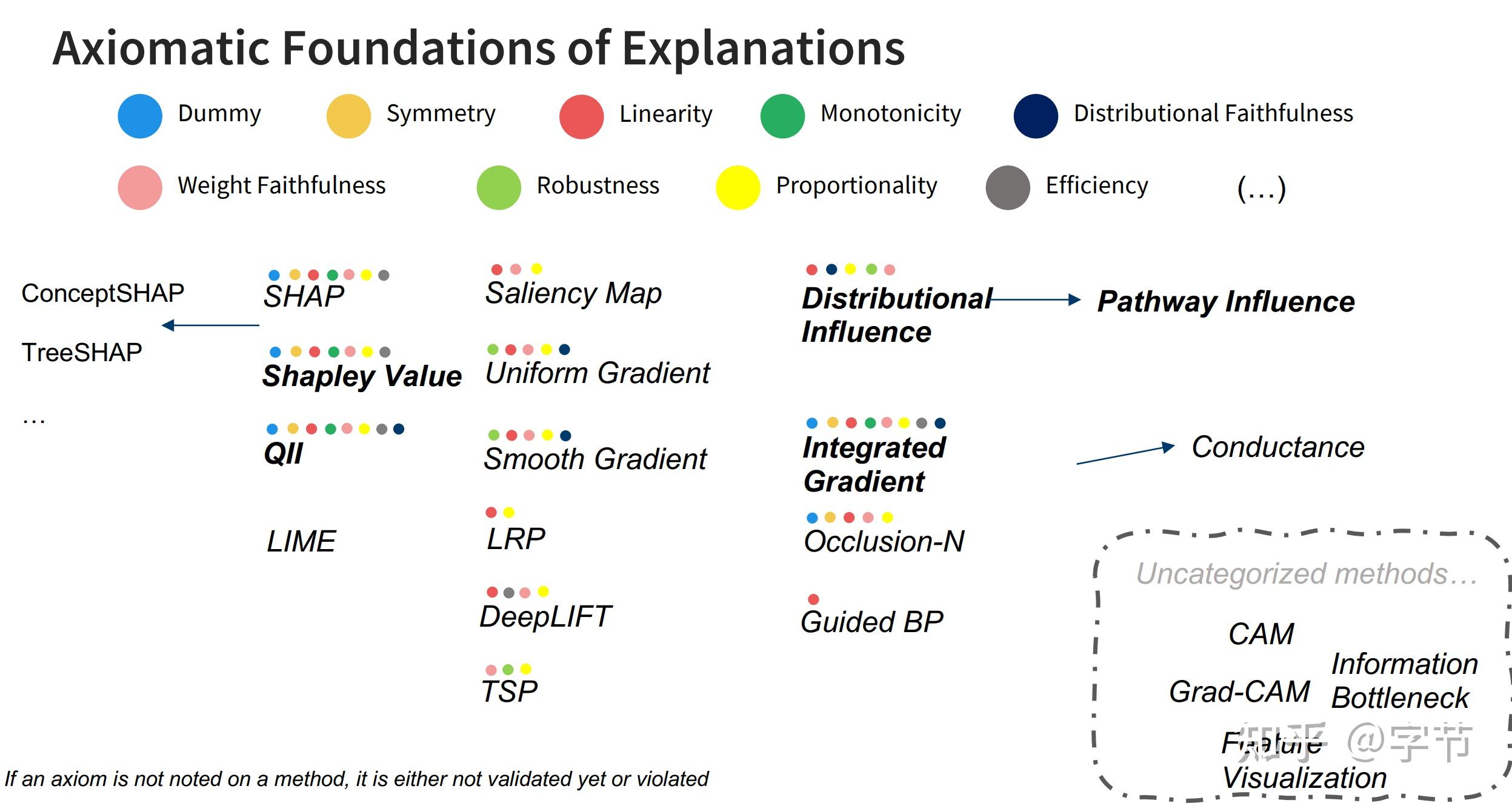|
In recent years, robotics has emerged as a transformative field, revolutionizing various sectors and reshaping the technological landscape. From manufacturing and healthcare to transportation and exploration, robots have made significant advancements, offering unprecedented opportunities and challenges. This article explores the current state of robotics, its applications, and the potential impact it holds for the future. Robots are autonomous or semi-autonomous machines designed to perform tasks with precision and efficiency. They can be programmed to execute a diverse range of functions, from simple repetitive actions to complex decision-making processes. Advancements in artificial intelligence, machine learning, and sensor technologies have accelerated the development of robots capable of interacting with their environment and adapting to new situations. One of the notable areas where robotics has had a profound impact is manufacturing. Industrial robots equipped with advanced sensors and precise programming have drastically transformed production lines, enhancing productivity and quality while reducing costs. These robots can perform repetitive and dangerous tasks with speed and accuracy, freeing up human workers to focus on more creative and strategic roles. The healthcare sector has also witnessed remarkable advancements in robotics. Surgical robots, for instance, have enabled surgeons to perform intricate procedures with enhanced precision and minimal invasiveness. These robots provide superior visualization capabilities, improved dexterity, and reduced tremors, leading to better patient outcomes and faster recovery times. Additionally, robots are being deployed in patient care settings to assist with rehabilitation exercises, medication management, and eldercare, alleviating the burden on healthcare providers and improving the quality of life for patients. Transportation is another domain where robotics is making significant strides. Autonomous vehicles powered by advanced sensing technologies, computer vision, and sophisticated algorithms are being tested and deployed on roads, promising safer and more efficient transportation systems. These self-driving cars have the potential to reduce traffic congestion, optimize fuel consumption, and minimize accidents caused by human error. Furthermore, robotics is revolutionizing space exploration and research. Robots like the Mars rovers have been instrumental in gathering valuable data about celestial bodies, unraveling mysteries of our universe, and paving the way for future human missions to other planets. These robots can withstand extreme conditions, navigate difficult terrains, and perform scientific experiments, enabling scientists to push the boundaries of knowledge. While the advancements in robotics bring numerous benefits, they also raise ethical considerations and challenges. The potential impact on employment is one such concern, as automation could lead to job displacement in certain industries. Moreover, ensuring the safety and security of robotic systems is crucial to prevent unauthorized access or malicious use. In conclusion, robotics has become an integral part of our modern society, transforming industries, enhancing productivity, and improving the quality of life. With continued advancements in technology and ongoing research, the future of robotics looks promising. It is essential to strike a balance between harnessing the potential of robotics while addressing ethical concerns and ensuring a smooth transition into this new era.  |
